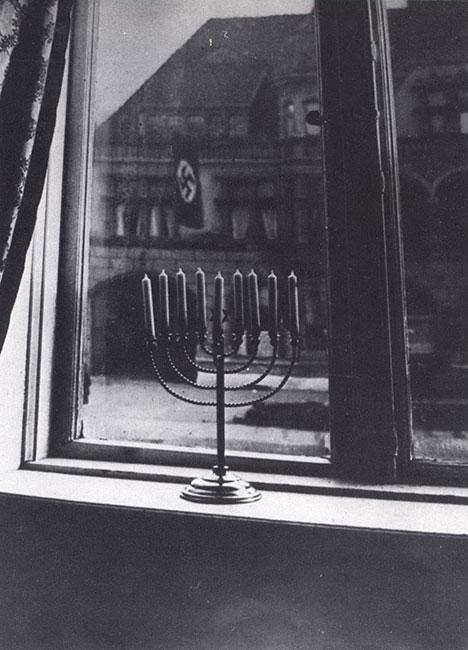I shared these words the day before AIPAC's 2020 Policy Conference began.
There’s been a lot in the news recently about the upcoming AIPAC policy conference - who is attending, who is not attending, what is AIPAC about altogether.
AIPAC describes itself in the following way:
"The American Israel Public Affairs Committee (AIPAC) is a bipartisan organization of U.S. citizens committed solely to strengthening, protecting and promoting the U.S.-Israel relationship in ways that enhance the security of the United States and Israel."
Full and proud disclosure - I’ll be at the conference with over 30 adult Temple Israel members and our Youth Engagement Director Avi Siegel will be leading a group of teens.
Full and proud disclosure - I believe Israel should remain Jewish and Democratic. I believe a two-state solution is still the best of a bunch of imperfect solutions. I love some of what is said at AIPAC conferences and I despise some of what is said at AIPAC conferences. I support and admire some of the people who will be speaking at this conference and I don’t support and don’t admire others.
There is much about supporting Israel that is complicated and at least one thing that is not. I will start with the complexity and then focus, by sharing a personal story, on what I believe is actually quite simple.
There’s been a lot in the news recently about the upcoming AIPAC policy conference - who is attending, who is not attending, what is AIPAC about altogether.
TIGN's Teen Delegation and Portion of Adult Delegation, AIPAC Policy Conference 2020
AIPAC describes itself in the following way:
"The American Israel Public Affairs Committee (AIPAC) is a bipartisan organization of U.S. citizens committed solely to strengthening, protecting and promoting the U.S.-Israel relationship in ways that enhance the security of the United States and Israel."
Full and proud disclosure - I’ll be at the conference with over 30 adult Temple Israel members and our Youth Engagement Director Avi Siegel will be leading a group of teens.
Full and proud disclosure - I believe Israel should remain Jewish and Democratic. I believe a two-state solution is still the best of a bunch of imperfect solutions. I love some of what is said at AIPAC conferences and I despise some of what is said at AIPAC conferences. I support and admire some of the people who will be speaking at this conference and I don’t support and don’t admire others.
There is much about supporting Israel that is complicated and at least one thing that is not. I will start with the complexity and then focus, by sharing a personal story, on what I believe is actually quite simple.






